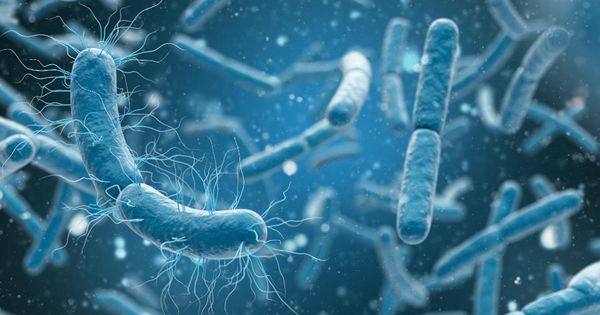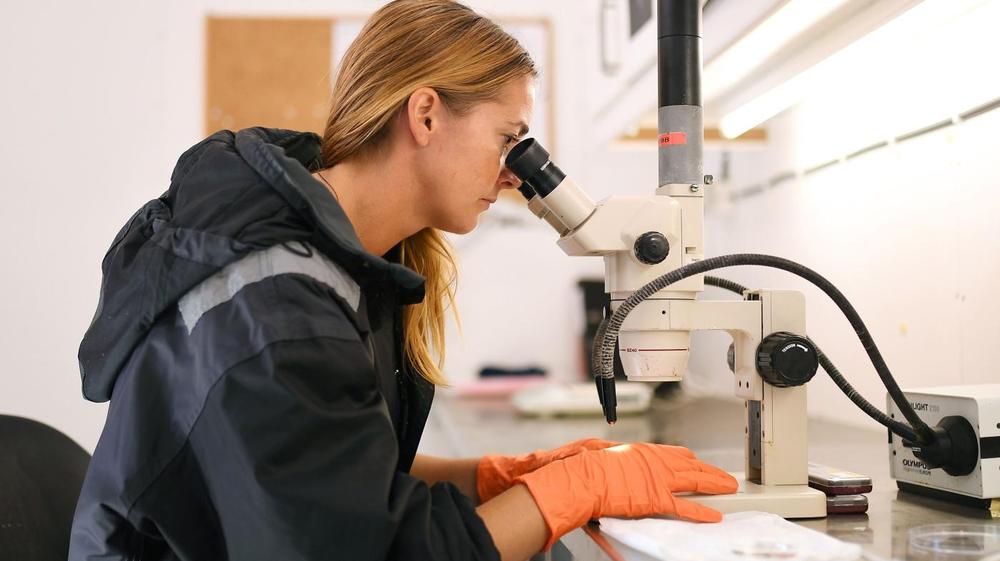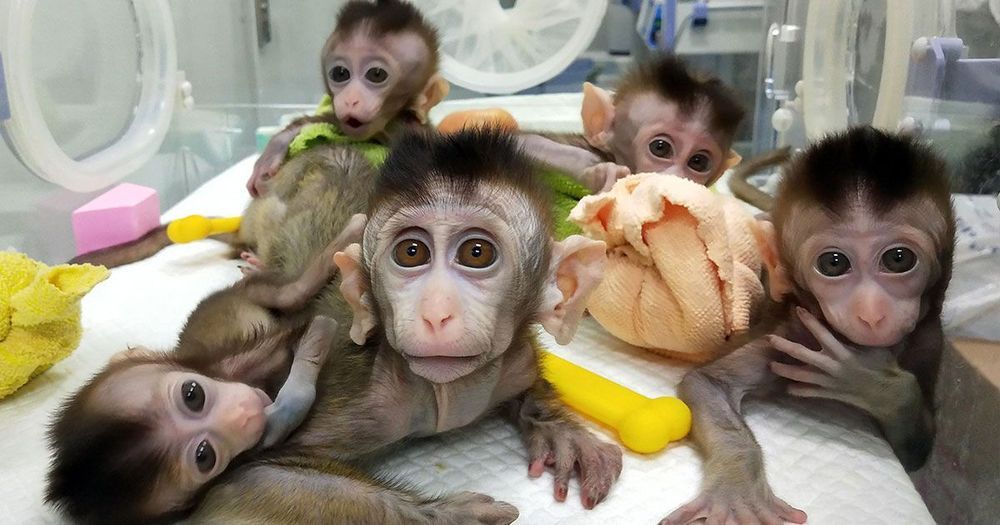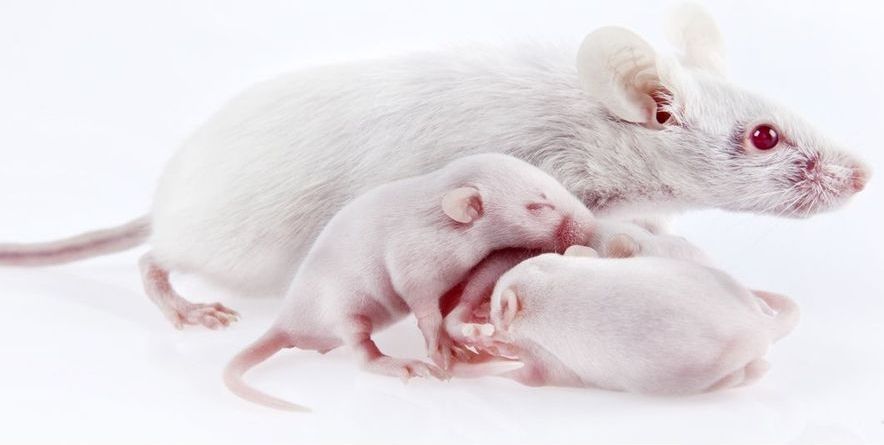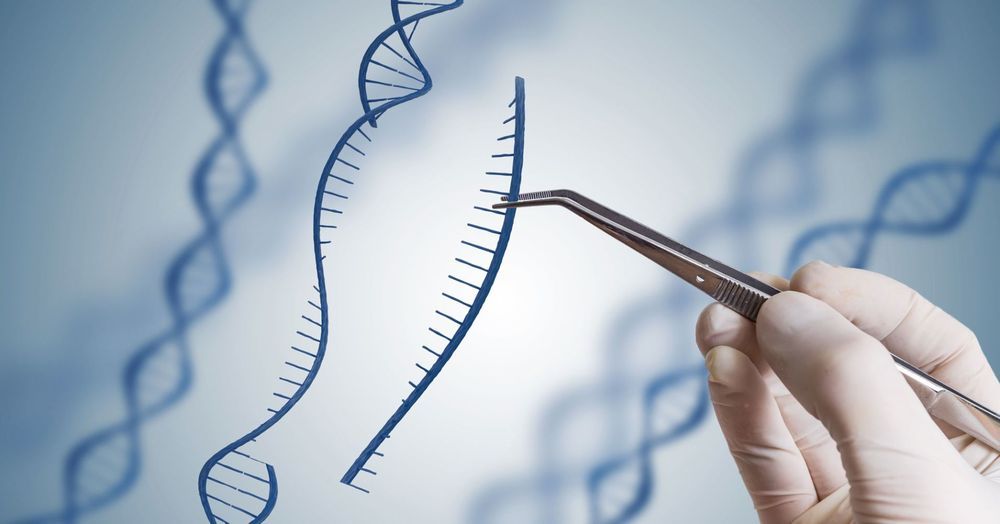Buried deep within the DNA of Asian individuals is a genetic clue pointing to the existence of an unknown human ancestor. Remarkably, it wasn’t a human who reached this startling conjecture, but rather an artificially intelligent algorithm. Welcome to archaeology in the 21st century.
New research published last week in Nature Communications suggests a yet-to-be discovered hominid interbred with modern humans tens of thousands of years ago. This mystery species eventually went extinct, but an AI developed by researchers from the Institute of Evolutionary Biology (IBE) and several other European institutions found traces of its existence in the DNA of present-day people with Asian ancestry. A press release issued by the Centre for Genomic Regulation said it’s the first time deep learning has been used to explain human history, “paving the way for this technology to be applied in other questions in biology, genomics and evolution.”

